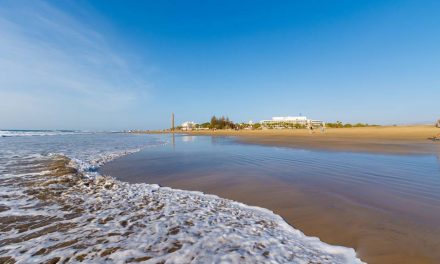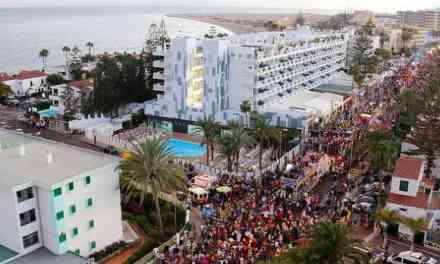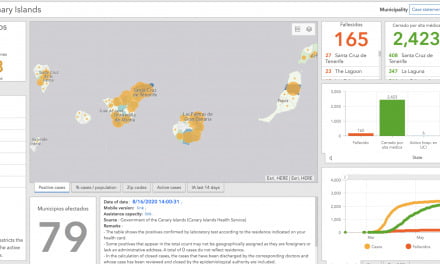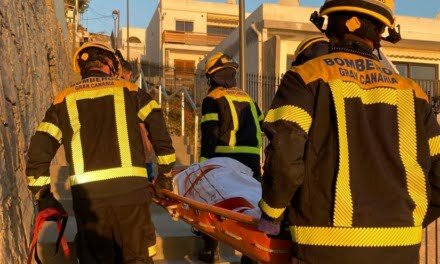The body of a 22-year-old migrant found dead at a hotel, in Playa del Inglés on the south of Gran Canaria, appears to show no signs of criminality. In a statement, the Spanish Government Delegation to the Canary Islands clarified that “Until the autopsy is carried out, the cause of death cannot be determined”. Judicial law enforcement sources have said that the autopsy result will not be known today, adding that “everything indicates that it was a heart attack.” explaining that samples have also been sent to hospital for a PCR test to be carried out.
The young Maghrebi migrant found dead, of Moroccan nationality, was discovered on Monday night, after those who knew him had not seen him all day, according to reports from Spanish news service Cadena SER. He was one of about 6,000 migrants being temporarily accommodated in empty tourist complexes on the south of the island, left vacant due to pandemic restrictions reducing tourism by more than 90%, which were enabled as short-term reception spaces to alleviate the build up that had occurred over three months in a temporary red cross camp that had been set up in Arguineguín fishing port. The camp was dismantled a couple of weeks ago, as migrants started to be moved to facilities provided by the Spanish military. Steadily, migrants accommodated in hotels are also being transferred to these alternative camps, as well as other reception facilities elsewhere, with the winter weather having now made migrant crossings much more difficult, and so significantly slowing the flow of new arrivals to these shores.
All irregular migrants are confined upon arrival, and given PCR tests to verify their COVID-19 status. They can only legally be held for up to 72 hours, unless there is evidence of any criminality, however the Spanish State is obliged to ensure they are properly identified and processed under existing international law, before deciding whether or not they can legally stay, or indeed can continue on their journeys towards mainland Europe. All migrants cooperating with state security forces are treated with the same dignity afforded to any other citizen, and they are not in any way detained against their will, unless necessary for security or health reasons, they are all free to come and go as they wish. The Red Cross, who have been the primary carers of most arrivals since the start of the summer, and, following disturbances in Arguineguín last Saturday, have recommended that any migrants temporarily accommodated in the south try to stay at their accommodation for the next 48 hours or so to help minimise tensions, a request that is supported by the security forces, due to the potential “risk of attacks”.













